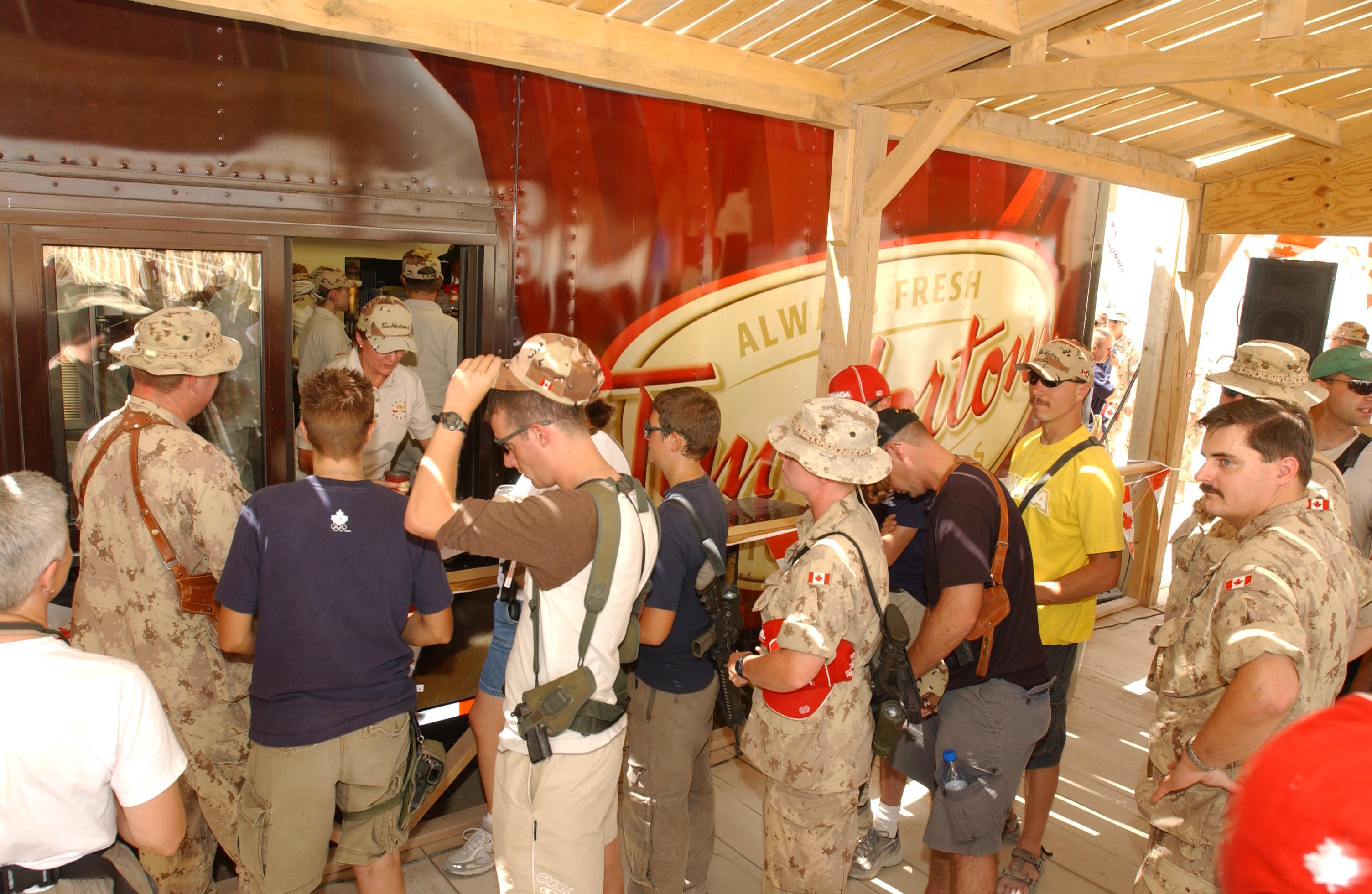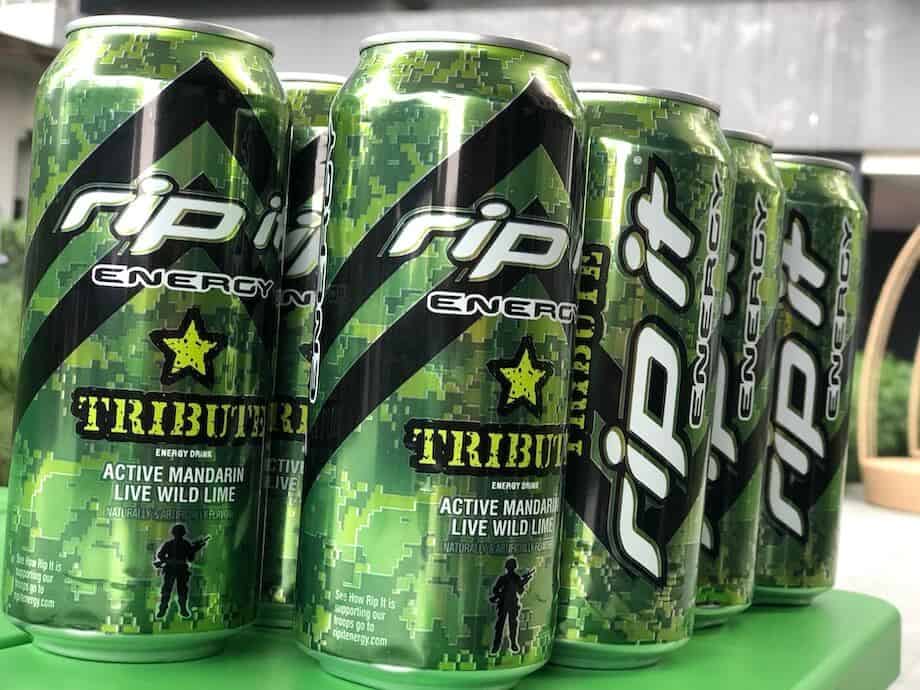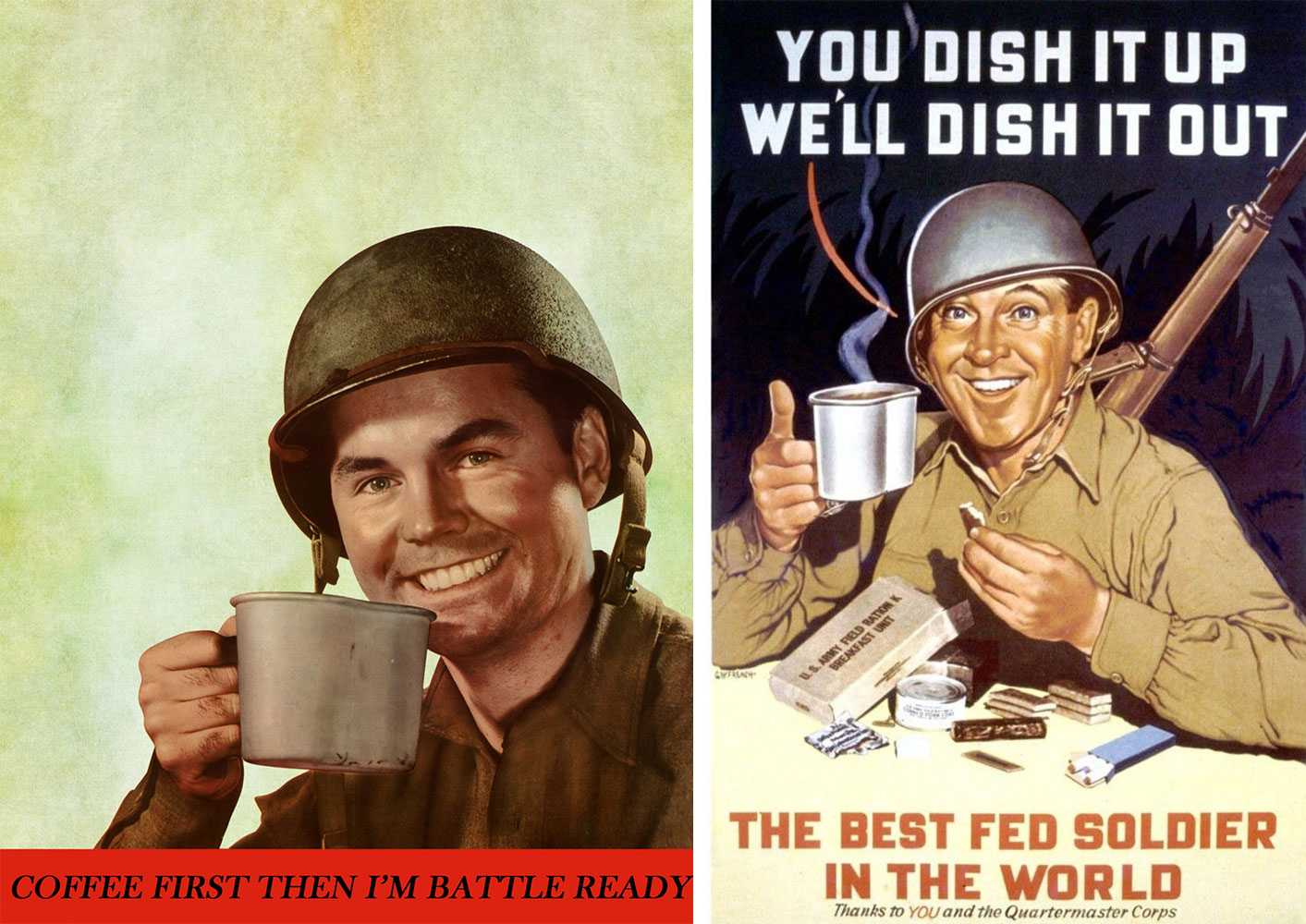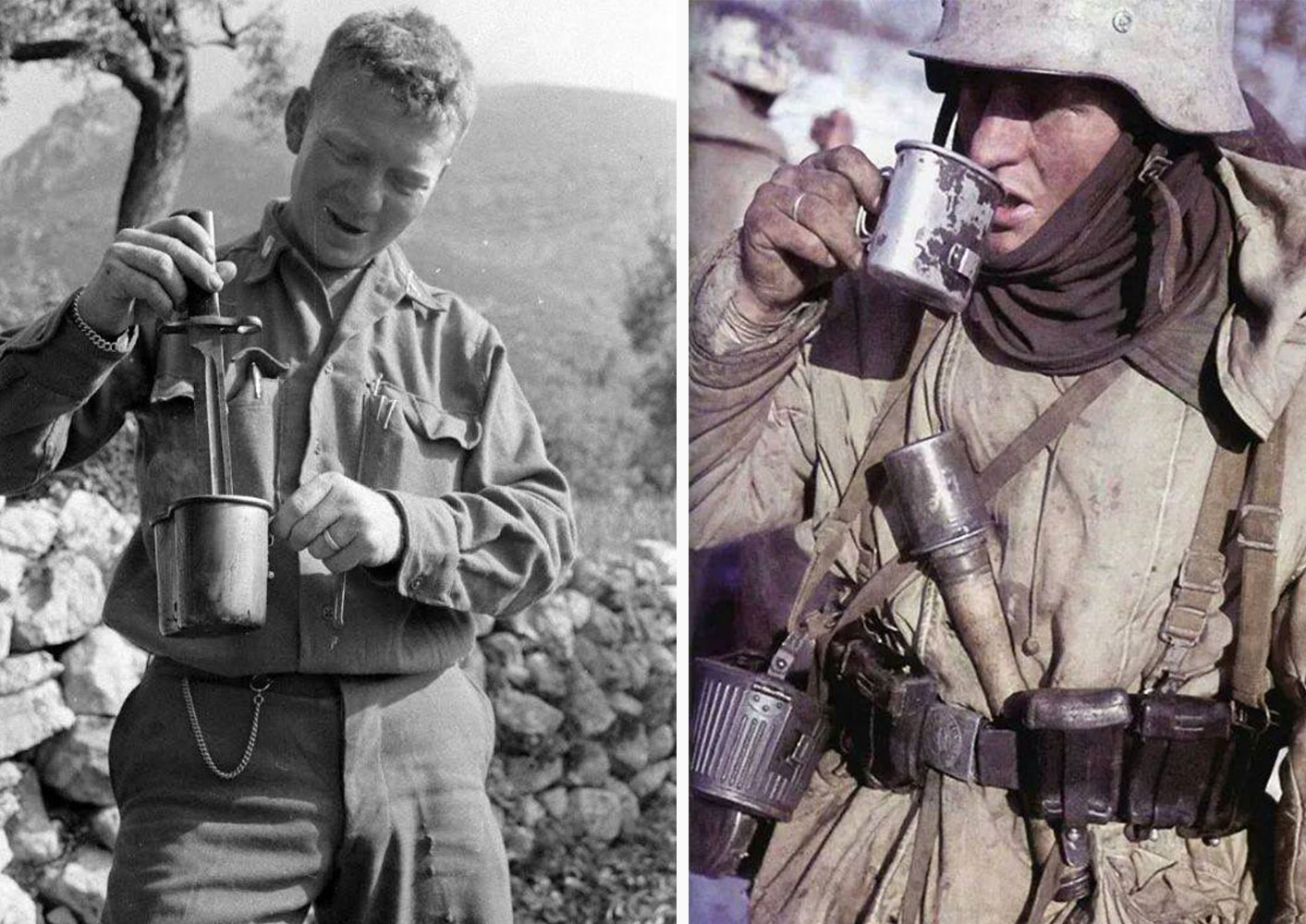Ah, caffeine. That little pause that refreshes. But if you’re in the military, that cuppa joe or caffeine-laced energy drink can literally be a lifesaver.
That’s why scientists in the United States military have spent 10 years researching the benefits of caffeine. They’ve come up with a mobile application called 2B-Alert, which can recommend how much of the popular stimulant to consume and when to consume it to optimize its effects.
“Mathematical models that accurately predict the effects of sleep/wake schedules on human neurobehavioral performance are valuable tools for effective management of operational alertness and fatigue,” says the study, first published in the journal Sleep in 2016.
“However, to be of practical use, they must also be able to predict the alertness- and performance-enhancing effects of caffeine, the most widely used stimulant compound.”
The team from the U.S. Army Medical Research and Materiel Command’s Biotechnology High-Performance Computing Software Applications Institute in Fort Detrick, Maryland, developed proprietary algorithms that predict current and future alertness and cognitive performance based on a series of psychomotor vigilance task tests and individual sleep and caffeine intake data.
Psychomotor vigilance tasks are computer-based tests in which an individual’s reaction to specified small changes are timed in a constantly changing environment.

The app is not yet available to the public. The institute has made it available under licence to businesses and entrepreneurs for final development.
Its predictions are billed as being up to 50 per cent more accurate than non-individualized models—ideal not only for military personnel but for students studying for exams and transportation workers who are bound to schedules, such as truckers, air-traffic controllers and pilots.
The app could also be used in clinical and research studies involving sleep and caffeine, and in planning any activity where an individual or team needs to be performing at peak cognitive levels during a particular time period.
Sleeping on the job isn’t an option for a soldier. Energy and alertness have always been critical to the military, and artificial means of achieving and maintaining a state of combat readiness have evolved.
Canadian medical officers routinely handed out stimulants to aircrew and others between 1939 and 1945. They were widely used by RAF pilots during the Battle of Britain, many of whom flew multiple sorties a day through the summer and fall of 1940.
The Royal Navy authorized the amphetamine-based stimulant Benzedrine in September 1941 after British scientists endorsed its use. The British army and its air corps followed suit a few months later.
The American military has tended to dispense performance-enhancers and wake-up pills, including amphetamines, more liberally than many countries.

Majors Harry Schmidt and William Umbach, the two American F-16 pilots involved in the friendly fire incident that killed four Canadian soldiers on an April 2002 training exercise in Afghanistan, claimed their judgment may have been impaired by amphetamines they were pressured to take by the U.S. Air Force.
They said U.S. pilots were routinely encouraged to take dextroamphetamine, known as “go pills,” to keep them alert on irregular schedules, night flights and long missions.
The air force conceded at the time that low doses of the drug, manufactured as Dexedrine, had been offered to pilots since the Second World War. It insisted the drug is safe and its use was voluntary as part of a “fatigue management program.”

The NATO base at Kandahar in southern Afghanistan, with its 20,000 residents, housed a Tim Hortons run by the Canadian Forces Welfare and Morale Services. It served four million cups of coffee, along with three million doughnuts and half-million iced cappuccinos and bagels, before it closed in 2011.
“Caffeine is the most widely consumed stimulant in the world,” says the U.S. army study, entitled A Unified Model of Performance for Predicting the Effects of Sleep and Caffeine. “Hence, to be useful, mathematical models that predict the effects of sleep loss on human neurobehavioral performance must account for the performance-enhancing effects of caffeine.

“For the first time, we showed that a mathematical model can accurately predict the effects of single and multiple doses of caffeine on group-average performance across the continuum of sleep loss—from limited nightly sleep to continuous sleep loss—for multiple nights.
“This model forms the basis for the development of comprehensive sleep-management tools and for the generation of testable hypothesis of realistic sleep-loss schedules involving the consumption of caffeine products.”
Experts recommend eight to nine hours of sleep a night for normal people. Studies suggest about 40 per cent of U.S. military get fewer than five—when at home. Sleep deprivation gets even more extreme in combat situations.

Jaques Reifman, a co-author of the paper, told the online newsletter Inc. that the team compared how humans respond to continuous sleep deprivation of 60 hours with various other scenarios, such as sleeping three hours a night for 10 days.
“What we’re dong here now is to develop math equations that describe the phenomenon,” he said.
So, for example, if you’re getting by on just five hours of sleep a night, you might need to consume the equivalent of two cups of weak coffee—about 100 milligrams of caffeine apiece—when you wake up, and two more cups, four hours later.

If you’re getting reasonable amounts of sleep, but you’re working an overnight shift, you might be best served by a quick two cups of weak coffee at the start of your shift.
If you’re expecting you won’t be able to sleep much at all for more than a day or two, you should drink the equivalent of two cups of coffee at “midnight, 4 a.m., and 8 a.m.”
Reifman said the goal is to squeeze the maximum benefit from the caffeine consumed, while ensuring the total caffeine in the bloodstream doesn’t exceed a threshold of 400 milligrams at any one time.
Come back next week for Coffee: The soldier’s drink of ‘choice and remembrance’
Advertisement














